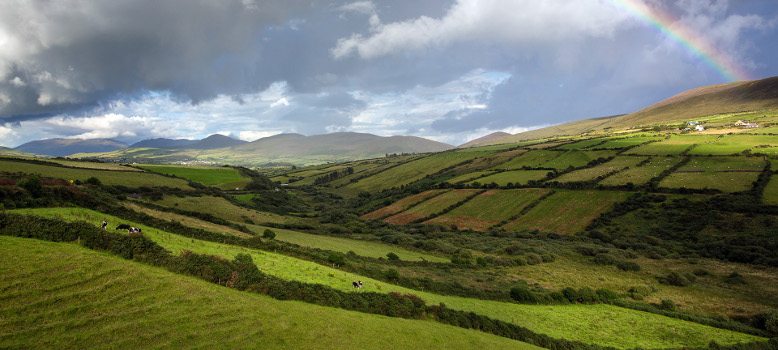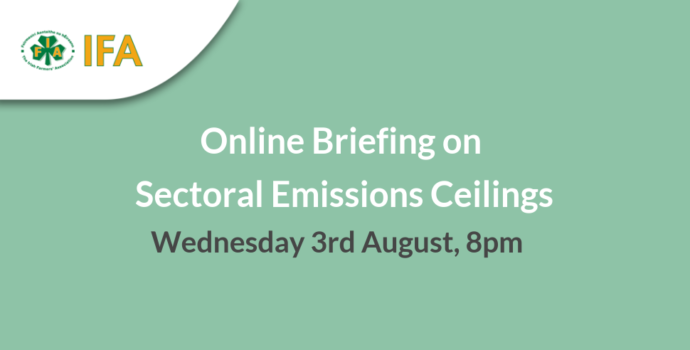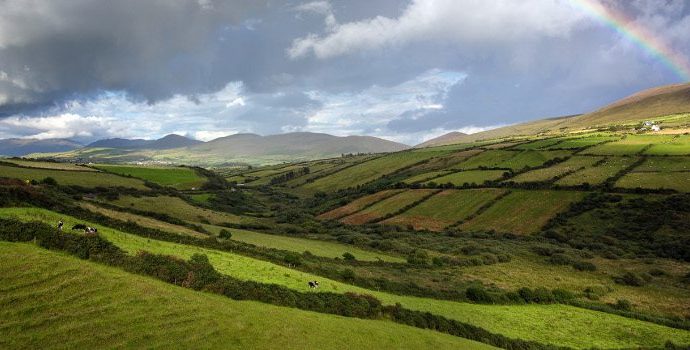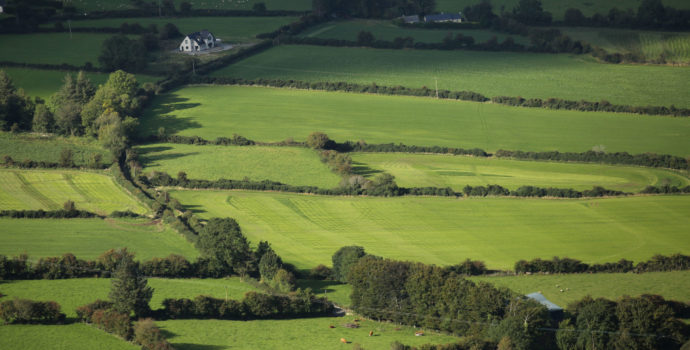
IFA President Joe Healy said it’s time to end to the climate blame game. “Farmers can no longer be blamed for the climate inaction of others. Lazy analysis points to the largest proportion of climate emissions coming from agriculture. There’s no science here, it simply reflects the importance of the agri-food sector to the national economy as our largest indigenous industry. Unlike other European countries, Ireland does not have large scale industrial or manufacturing sectors,” he said.
The facts in the EPA’s report are stark: greenhouse gas emissions continue to rise, particularly in transport, where emissions have increased by over 137% since 1990. During the same period emissions from the agri-food sector increased marginally by 1%.
Government must continue to work with the agri-food sector and lead the co-ordinated delivery of Teagasc’s Climate Roadmap which sets out an emissions reduction plan for the next decade, without impacting on the national herd. The implementation of this plan requires a whole of Government approach and must be led by the Department of An Taoiseach.
Regarding the annual change in climate emissions attributed to agriculture, the IFA President said that it was important to view these in their right context. “Farmers development plans were stifled between 1984 and 2015, until the EU milk quota system was removed. The increase in output since 2015 has been important for farmers and their families. It has improved their economic sustainability as well as the social and economic sustainability of rural areas. Farming has also led a resource efficient development of the sector,” he said.
Since 1990 agricultural output have grown by over 40%, while our emissions have marginally increased by 1%. There is a need to continue to develop technologies which reduce emissions per unit of output. The science in this area is developing all the time. This is where we should focus our energies rather than on stock numbers which are still lower than what we had in the mid-nineties.
Joe Healy also highlighted that farmers are not getting sufficient credit for the carbon they were sequestering through hedgerows and grasslands. “This is a point of real frustration for farmers. We should be able to calculate the net emissions from farming, giving credit for the carbon farmers are taking out of the atmosphere.”
Farming is the back-bone of balanced sustainable development in Ireland. It’s our largest indigenous sector, employing over 300,000 people in almost every parish in the country. Growth in output from the sector continues to outpace stock numbers, ensuring our climate efficient model of food production continues.
The European Union’s Joint Research Centre has confirmed that our dairy farmers are the most carbon efficient food producers and our beef farmers are in the top five. The reality is if we don’t produce food here in Ireland, it will be produced elsewhere with a much higher carbon footprint, contributing to increased global emissions. The world population is growing and more food will be needed. It must come from carbon efficient countries such as Ireland. Farmers find it very hypocritical of politicians to agree a Mercosur trade deal which will see food imported to Europe which has multiples of the carbon footprint of Irish farmers,” he said.



